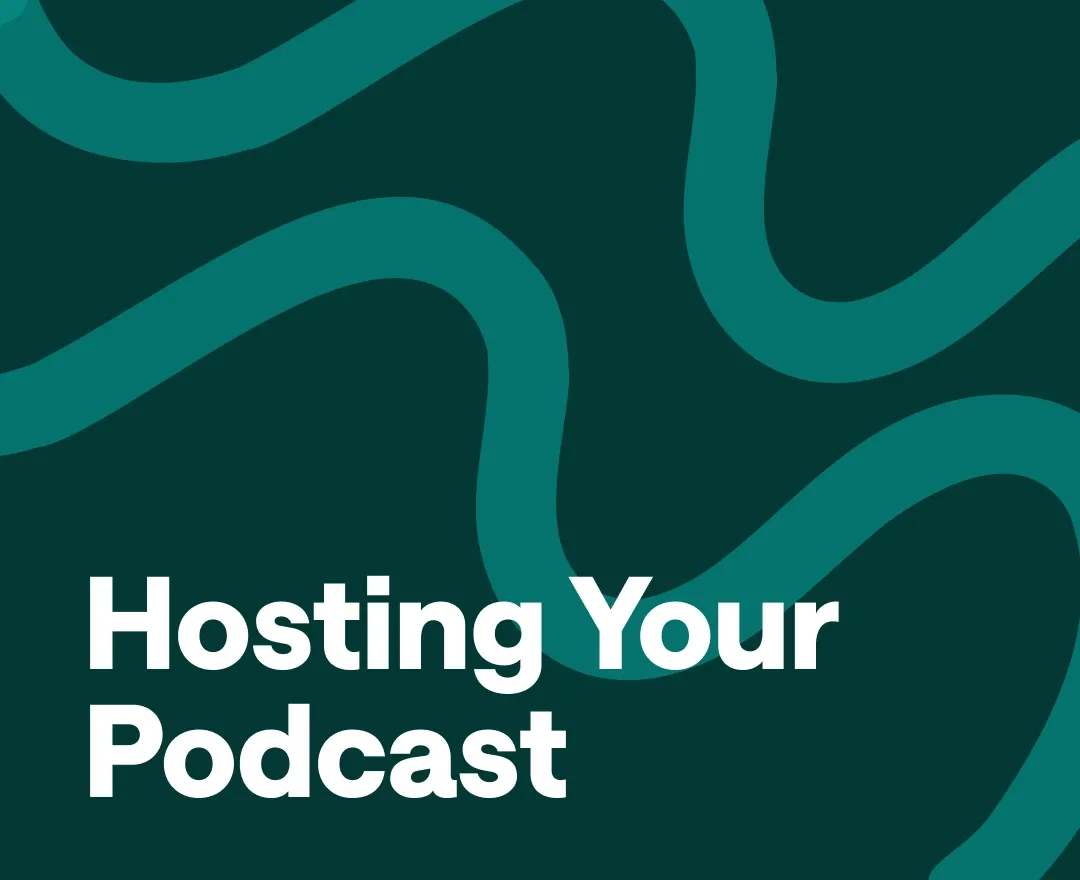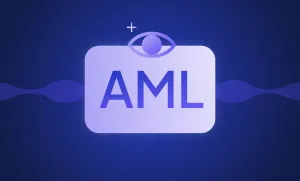Picture this: you've poured your heart and soul into creating the first season of your podcast, and it's finally ready to share with the world. But now what? Do you just upload it to Spotify, Google, and Apple Podcasts and call it a day? While those platforms can definitely help you reach a wider audience, there's one critical mistake you need to avoid: putting all your eggs in one basket.
In this blog post, we’ll tell you why your podcast should own its personal home instead of solely depending on major directories.
Why you shouldn’t depend solely on one platform
Here's the thing - relying solely on a single podcast hosting platform to distribute your podcast is a risky move. Just look at what happened with Google Podcasts. They recently announced that they're officially shutting down, leaving podcasters scrambling to find a new home for their content. And this isn't the first time something like this has happened. Remember Google Play Music? That's gone too.
So, what's the solution? Diversify. Instead of relying on just one directory, spread your podcast across multiple platforms and consider creating your own personal podcast hosting hub. That way, even if one platform decides to close up shop, you won't lose your entire audience overnight.
But besides the chance of platform shutdown, here are other key risks associated with depending on just one platform.
1) Algorithm changes
Platforms often update their algorithms, significantly impacting your podcast's visibility. If you rely on one platform, its algorithm change could suddenly make your show hard to find and decrease the number of your new listeners.
This is a common occurrence in the world of content creation. Platforms are constantly tweaking their algorithms to improve user experience, but these changes can have unintended consequences for content creators. One small shift in the algorithm can send your downloads plummeting overnight.
Diversifying your distribution strategy and hosting your podcast on multiple platforms helps you mitigate the impact of these algorithm changes. Even if one platform's algorithm works against you, you'll still have a presence on other platforms where your listeners can find you.
2) Limited audience reach
While it's true that platforms like Spotify and Apple Podcasts have massive user bases, they're not the only players in the game. There are countless other podcast apps and directories out there, each with its own unique audience.
When you limit yourself to just one platform, you're essentially cutting off access to all those potential listeners. Sure, some of them might stumble upon your show eventually, but why not make it easier for them to find you?
Having your own hosting hub where you can post to multiple platforms allows you to cast a wider net and reach listeners who might not be using the big-name apps. Plus, you never know which platform might take off next.
3) Revenue Dependency
Monetizing a podcast is hard work, and many creators rely on ads and sponsorships to generate income. But what happens when the platform you're relying on decides to change its policies around advertising?
We've seen this happen time and time again. A platform will introduce new rules around ad placement, or they'll start taking a larger cut of the revenue. Suddenly, the income you were counting on to keep your podcast afloat is no longer reliable.
By diversifying your revenue streams and hosting your podcast on multiple platforms, you can protect yourself against these kinds of policy changes. If one platform's advertising rules become too restrictive, you'll still have other options for monetizing your show.
4) Data Loss
If a platform experiences a technical issue or data breach, you risk losing your podcast data, including episodes and listener statistics. All those hours of hard work, all those carefully crafted episodes - gone in an instant.
That's why hosting your podcast with a reliable hosting hub and publishing on multiple platforms is the best way to ensure your content is always accessible to your listeners. Even if one platform experiences a catastrophic failure or shuts down completely, your podcast will still be available on other directories.
Here's how Podcastle's free hosting hub can help
To avoid the risks of relying solely on one platform and to grow your podcast to new heights, it's always a smart idea to have a dedicated podcast hosting hub for your show. This gives you complete control over your content and branding and serves as a "home" where you can publish across multiple podcast platforms at the click of a button.
Podcastle's Hosting Hub is one of the best tools for creating a personal hosting page. Podcastle offers a free podcast hosting platform that simplifies podcast management, distribution across multiple platforms, and maintaining a professional online presence. With Podcastle, you can also easily embed your podcast player on your website, so that your listeners have a seamless experience and your show becomes all the more accessible.
How to publish your work with the Hosting Hub
Here’s how you can get your podcast live with Podcastle in three simple steps:
1) Create a Show
In Podcastle, navigate to the ‘My Shows’ section and click on ‘Create a show’. Fill out the necessary details such as the name of your podcast, and a compelling description, then add your artwork and branding. This sets up the foundation of your podcast hosting page.
2) Publish Your Content
Once your show is created, you can start uploading episodes. Record your content and then hit ‘publish’ in the editor. Make sure to add episode-specific details like titles and descriptions to keep your audience informed about each episode’s content.
3) Share it with the World
After publishing your episodes, share the link to your show page directly with your audience. This allows them to watch and download episodes directly from your dedicated hosting page. Meanwhile, you can still distribute a podcast to major directories like Spotify, Podchaser, and Apple Podcasts by submitting your podcast RSS feed.
Start with these free podcast hosting platforms
Starting a podcast couldn't be more exciting, but choosing the right platforms to distribute your episodes can be a bit overwhelming. Don't worry, though! Through our hosting hub, we recommend focusing on these popular podcasting platforms, where you can upload your podcast for free.
Spotify
Uploading a podcast to Spotify is a great way to reach a vast audience, as Spotify has become one of the most popular podcast directories. To get started, you'll need a podcast hosting service that can distribute your show to Spotify.
Once your podcast is hosted, simply submit your RSS feed to Spotify through the Spotify for Podcasters portal. The platform is user-friendly and provides valuable analytics, helping you understand your audience better. Plus, Spotify's integration with social media makes it easy for listeners to share your episodes, increasing your reach.
Apple Podcasts
Uploading a podcast to Apple is a must for any serious podcaster. Apple Podcasts is one of the largest podcast directories in the world, boasting 28 million listeners. While it is free to upload your podcast, there is a $19.99 annual fee if you want to access specific benefits from Apple's Podcasters Program membership, which is a small investment considering the platform's extensive reach.
Listing your podcast on Apple Podcasts is crucial because many smaller directories pull content from Apple's database. This means if your podcast is on Apple, it's likely to appear on multiple other platforms as well, significantly expanding your audience.








